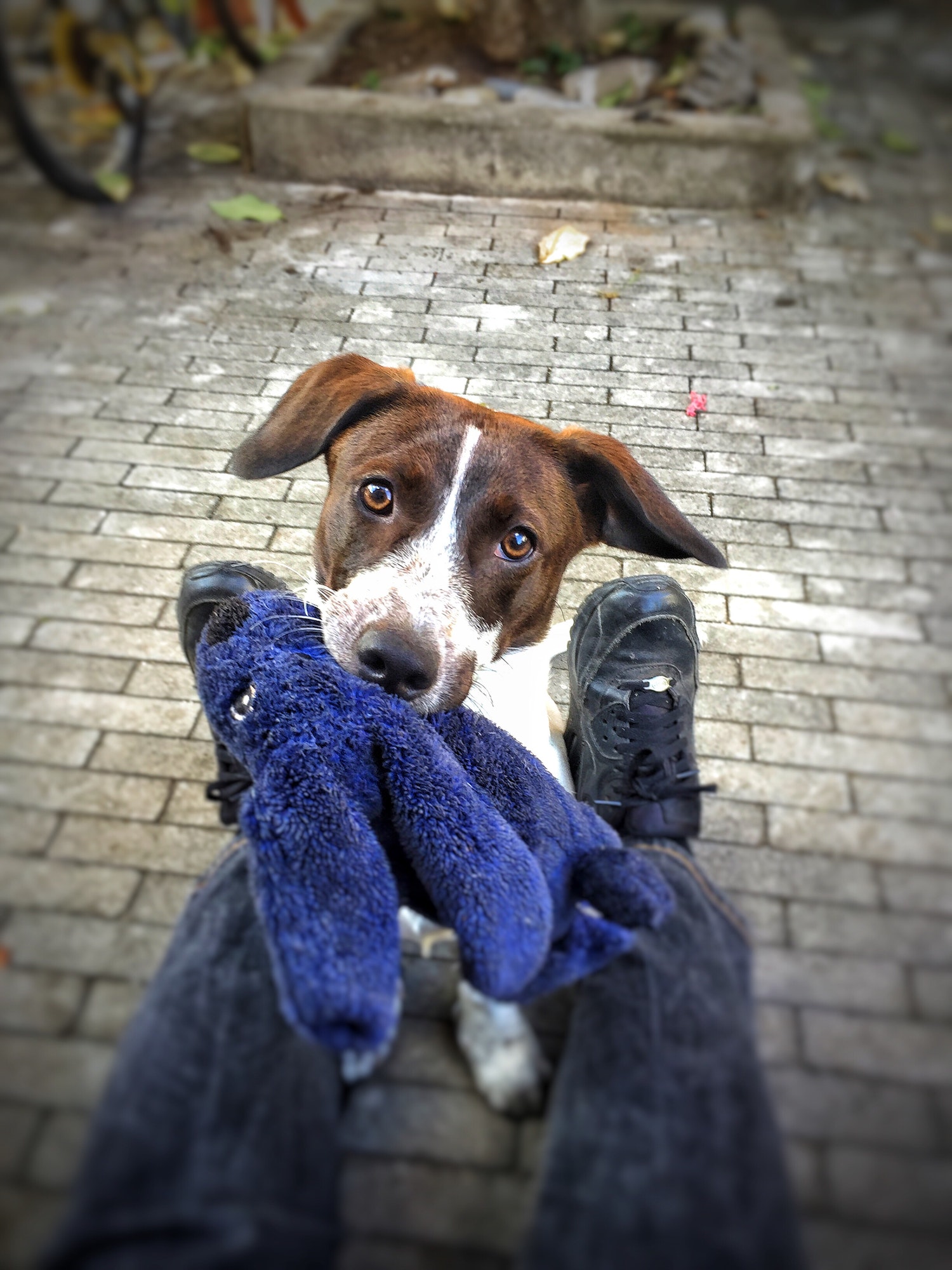

Published in:

The relationship between genetics and behavior in dogs



A groundbreaking study on dogs has challenged traditional understanding of the link between genetics and behavior. The results on the left have significant implications.
An individual dog’s breed is not a reliable indicator of behavior.
This study found no correlation between pet dog genetics and threatening or biting behavior
Most non-purebred (mixed breed) dogs in the study had more than four different breeds among their ancestors, thereby making it impossible to visually identify ancestry. Research shows that visual identification of a dog’s “breed” is often widely off-target.
These results challenge the common stereotypes associated with specific breeds with significant implications:
Dogs should be assessed as individuals on their individual behaviors rather than on breed.
Public policy should recognize that dog breed has limited influence on dog behavior.
